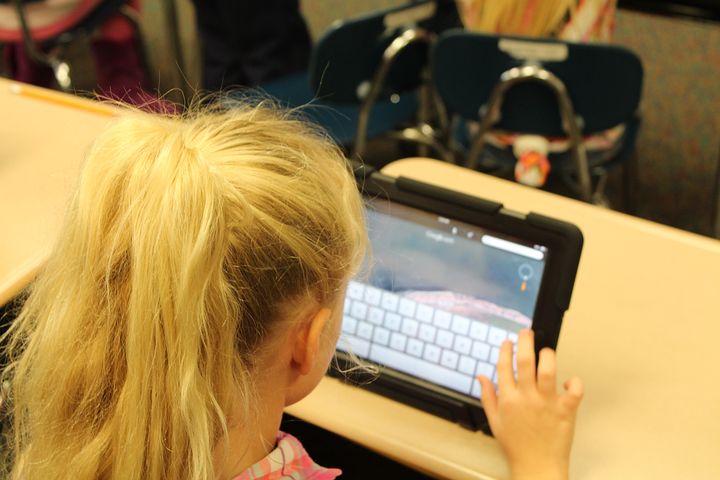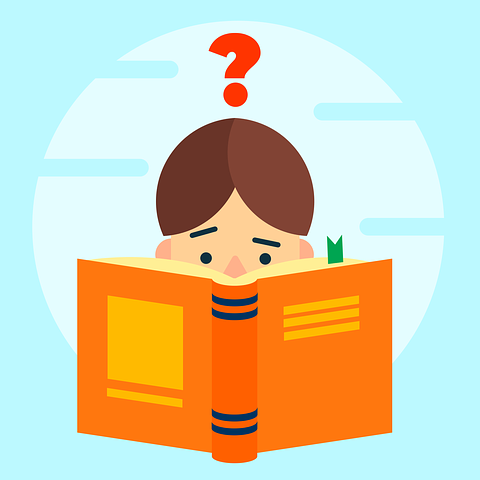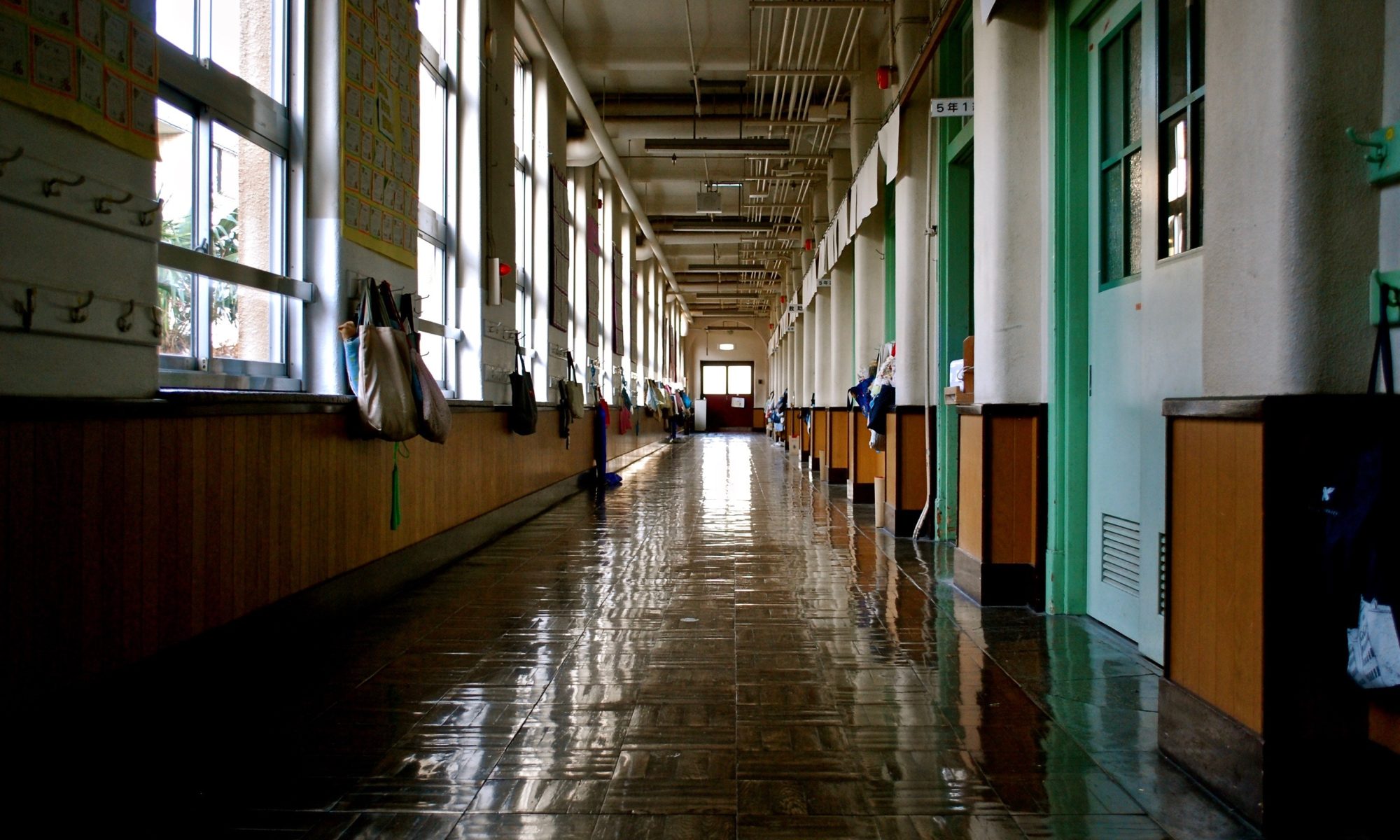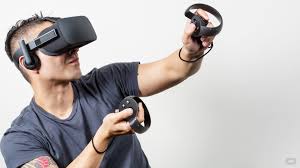As educators, we talk a lot about the role that teachers play in the lives of students and debate the best ways to strengthen the classroom experience for students from all backgrounds. There is only so much a teacher can do, though, particularly with large class sizes and limited resources. Even teachers in the best of circumstances are limited when it comes to hours in the day and the amount of material that must be covered. As K-12 academic standards become more rigorous, parents are becoming an even more integral piece of a student’s success. Asking parents to pick up …
Continue reading “Is EdTech the Future of Parental Engagement?”







